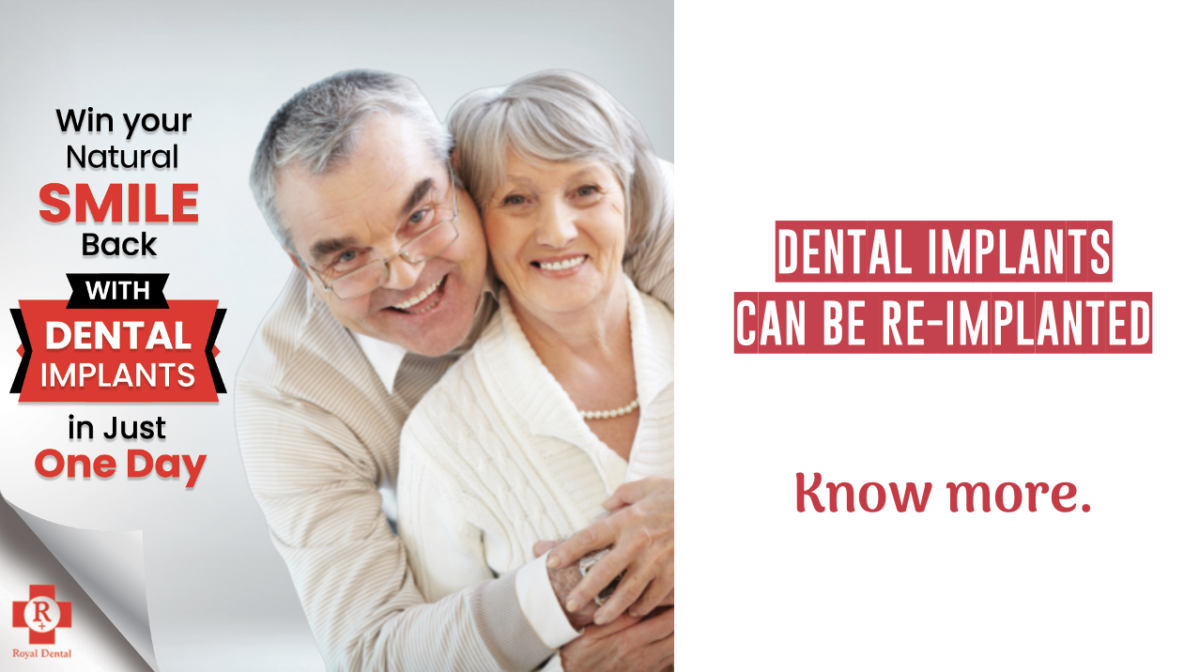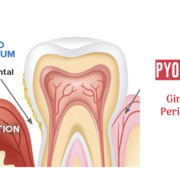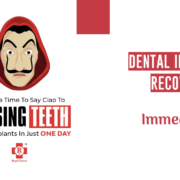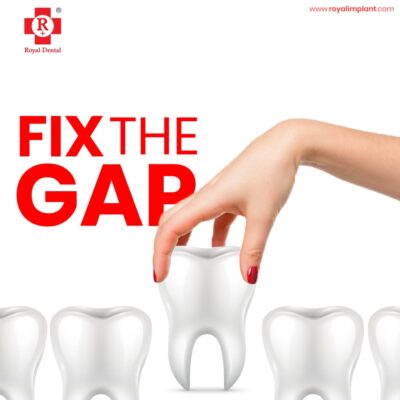When you have missing teeth, your gums can become recessed, leading to a condition called periodontal ligament recession. The gums might also develop pockets of bacteria from not being cleaned as well as they could be. All these factors increase the risk of developing gum disease, commonly known as pyorrhea. If you have dentures or an oral prosthetic, your risk for developing gum disease is even higher. Thankfully, dental implants are not connected with an increased risk of gum disease. In fact, they actually help reduce the risk by keeping the gums in healthy condition instead of letting them recede and grow bacteria. That’s because implants force a person to use different cleaning techniques so their gums are much cleaner than before they had dental implants put in place.
What causes gum disease?
Gum disease is also known as periodontal disease. It is caused by bacteria in the mouth that forms plaque and tartar. This can lead to damage of the gums and bones surrounding teeth. It is important to practice good oral hygiene to prevent gum disease. Gum disease occurs when plaque is not removed from the teeth. The bacteria in plaque produce toxins that irritate the gums.
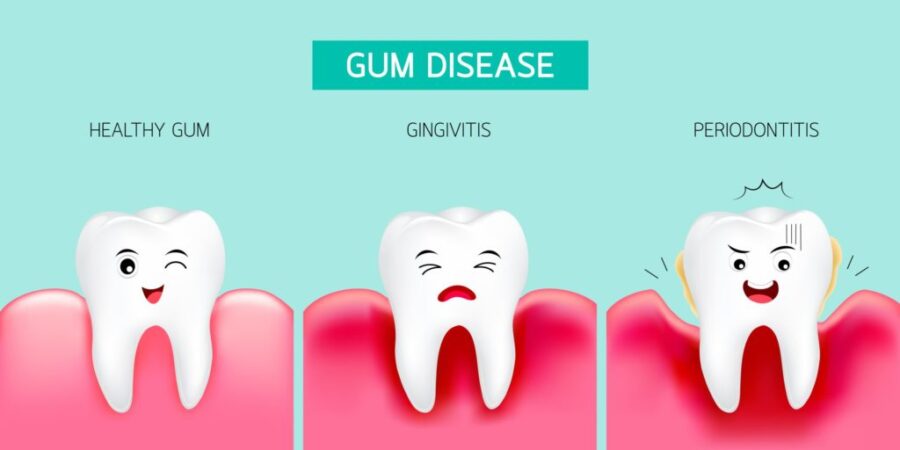
This can cause them to swell, become red, and increase the risk of bleeding. In time, the bacteria can spread beyond the gum line and lead to tooth loss. Gum disease can be prevented by daily brushing and flossing. It can also be treated by cleaning beyond the gum line using special instruments.
How do dental implants reduce risk of gum disease?
When you have dental implants, it is important to use a different technique when cleaning your gums than if you had natural teeth. With natural teeth, you can simply brush the surface of your gums, but with implants, you need to clean much more thoroughly. A occurs when plaque is allowed to build up under your gums.
So, the best way to avoid this is to clean plaque away from under the gum line. To do this with dental implants, you must use a special technique to clean the gum line where the implant meets the gum. This is important to keep your gums in healthy condition and avoid gum disease.
How gum disease affects newly placed dental implant
If you have recently undergone oral surgery to have dental implants placed, you will want to do whatever you can to prevent gum disease from occurring. Gum disease can potentially lead to implant failure, especially in the early months of healing.
During the first months of recovery, the dental implant must fuse with the jawbone. The process is known as osseointegration. Only when osseointegration has been completed will a person’s dental implants be strong enough to support a bridge or a denture. If does not lead to total implant failure, it can lead to longer healing times, delayed treatment, or the need for corrective procedures to prevent implant failure.
3 tips to help prevent gum disease while having implants
Flossing – This is more important when having dental implants than when you have natural teeth. With implants, you need to clean plaque away from under your gums where a toothbrush can’t reach. –
Protect Your Gums – Avoid habits that can damage your gums, such as grinding your teeth or clenching your jaw. Avoid sugary foods that can encourage bacteria growth and damage your gums.
Visit Your Dentist Regularly – Your dentist can detect early signs of gum disease and treat them before they become a problem.
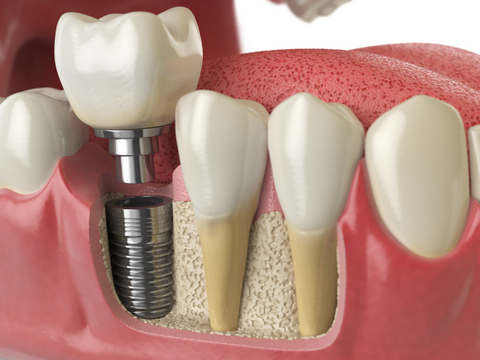
Tips for gum disease prevention
- Do not smoke or use any tobacco products
- Brush your teeth at least twice a day (ideally after every meal)
- Floss your teeth at least once a day (ideally after every meal)
- Visit your dentist twice a year for regular checkups
Conclusion
It is a common problem that can occur when you have missing teeth. Although dental implants are a great option to replace missing teeth, they do not increase your risk of developing gum disease. In fact, they can actually help reduce the risk by keeping your gums in healthy condition. It is important to follow some special cleaning techniques when you have dental implants to avoid developing it.

